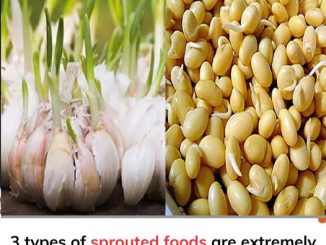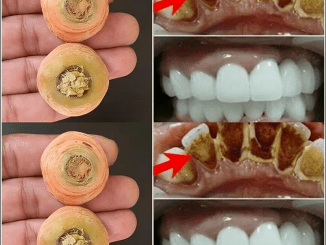If you’ve ever experienced muscle cramps, you know how sudden and painful they can be. Whether you’re an athlete or someone who deals with cramps after a long day, you’ve probably heard a variety of remedies. One surprising suggestion? Pickle juice. Yes, that tangy green liquid that’s leftover after the pickles are gone. Some swear by it, claiming it’s a miracle cure for muscle cramps. But is this just another old wives’ tale, or does pickle juice really have some science-backed benefits? Let’s dive into the facts and separate truth from myth.
What Causes Muscle Cramps in the First Place?

Before we get into whether pickle juice works, it’s essential to understand why muscle cramps happen. Muscle cramps are sudden, involuntary contractions of one or more muscles, and they can be caused by a variety of factors:
- Dehydration: Lack of fluids can disrupt the balance of electrolytes, which play a critical role in muscle function.
- Electrolyte Imbalance: Low levels of key electrolytes like sodium, potassium, magnesium, or calcium can cause muscles to misfire, leading to cramps.
- Overuse or Fatigue: Repeated muscle exertion without enough rest can lead to cramping.
- Nerve Issues: Sometimes, cramps can stem from nerve compression or issues affecting the connection between nerves and muscles.
Knowing the root cause of your cramps can help you decide which remedy might work best. But where does pickle juice fit into this picture?
The Pickle Juice Craze: Where Did It Start?
The idea of using pickle juice for cramps didn’t come out of nowhere—it actually gained popularity among athletes. Football players and endurance runners were some of the first to adopt this unusual remedy. Anecdotal reports claimed that drinking pickle juice provided almost instant relief from muscle cramps, sometimes in as little as 30 seconds.
The appeal of pickle juice lies in its high sodium content and its tangy, acidic profile. Sodium, as an essential electrolyte, plays a crucial role in muscle function and hydration. But is that the whole story, or is there more to it?
The Science Behind Pickle Juice and Muscle Cramps
So, what does science say? Interestingly, there is some evidence to support the use of pickle juice for muscle cramps, although it might not work in the way you think.
Electrolytes to the Rescue? Not Exactly
At first glance, you’d assume pickle juice works because it replenishes electrolytes like sodium, which are often lost through sweat. However, this explanation doesn’t fully hold up. Research shows that pickle juice works too quickly to be replacing electrolytes. The liquid wouldn’t have enough time to reach your bloodstream and rebalance your electrolyte levels in just seconds.
It’s All About the Nerves
The real secret may lie in how pickle juice affects your nervous system. A 2010 study published in Medicine & Science in Sports & Exercise found that pickle juice helped relieve cramps faster than water or no treatment at all. The researchers hypothesized that the acetic acid (vinegar) in pickle juice triggers a response in the mouth and throat that inhibits the firing of misfiring nerves causing the cramp. Essentially, it short-circuits the problem at its source—your nervous system.
This mechanism is why pickle juice can provide near-instant relief, even though it doesn’t directly replenish lost fluids or electrolytes.
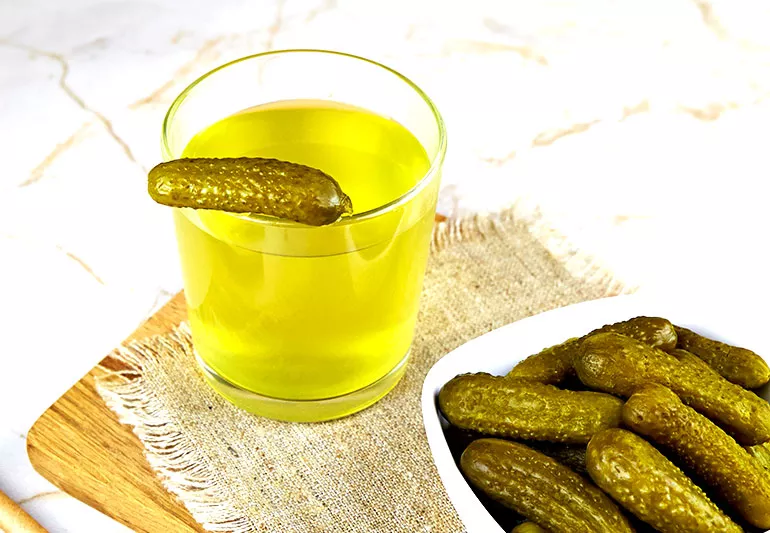
How to Use Pickle Juice for Muscle Cramps
If you’re curious and want to give pickle juice a try, the good news is that it’s simple and accessible. You don’t need a lot—just a small amount can do the trick. Here’s how to use it:
- Measure Out a Shot: All you need is about 2-3 ounces of pickle juice. You can use the juice straight from a jar of pickles or buy pickle juice sold specifically for cramps.
- Drink It Quickly: When a cramp strikes, drink the pickle juice straight. It doesn’t taste great, but the tangy kick might be worth it for relief.
- Wait for the Magic: Most people report feeling relief within 30 seconds to a couple of minutes.
While pickle juice is generally safe, keep in mind that it’s very high in sodium. If you’re watching your sodium intake for health reasons, you might want to limit how often you use this remedy.
Who Benefits the Most from Pickle Juice?
Pickle juice isn’t for everyone, but it can be especially helpful in certain situations:
- Athletes: Endurance athletes who sweat heavily and are prone to cramping during or after intense workouts often swear by pickle juice.
- People with Nighttime Cramps: For those who experience leg cramps at night, keeping a small bottle of pickle juice by your bed could be a game-changer.
- Individuals with Electrolyte Issues: If you’re prone to imbalances in sodium levels, pickle juice might provide temporary relief.
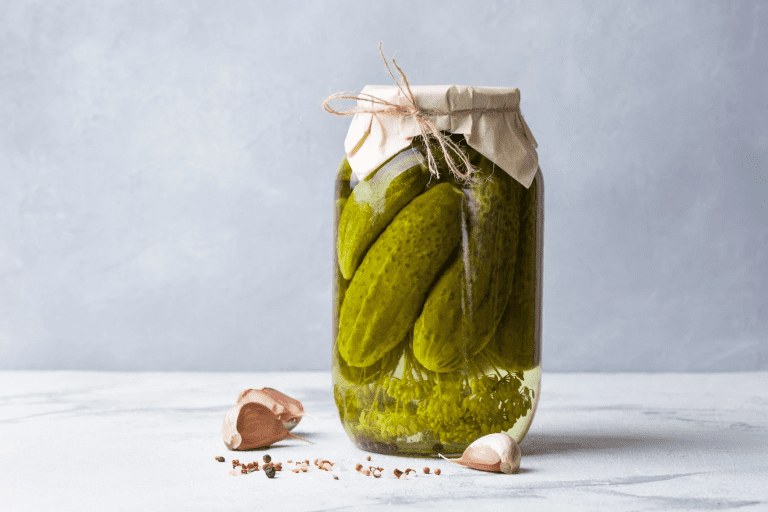
However, it’s not a cure-all. If your cramps are due to underlying medical conditions or chronic dehydration, you’ll need to address those root causes for long-term relief.
Other Remedies to Consider
While pickle juice has its place, it’s not the only option for treating muscle cramps. Here are a few other remedies to try:
- Hydration: Drinking water before, during, and after exercise helps maintain fluid balance.
- Electrolyte Drinks: Sports drinks with sodium, potassium, and magnesium can help prevent and treat cramps caused by electrolyte loss.
- Stretching: Gently stretching the cramped muscle can relieve tension and reduce the pain.
- Magnesium Supplements: If your cramps are due to low magnesium, supplements may help.
- Bananas: A popular go-to snack for muscle cramps, bananas are rich in potassium, which supports muscle health.
If you find pickle juice too tangy or prefer another approach, these alternatives are worth exploring.
Potential Risks of Drinking Pickle Juice
While pickle juice is generally safe for most people, it’s not without its downsides. Here are a few things to watch out for:
- High Sodium Content: If you’re on a low-sodium diet or have high blood pressure, the salt content in pickle juice could be a concern.
- Acid Reflux: The acidity in pickle juice may irritate those with sensitive stomachs or acid reflux issues.
- Tooth Enamel Damage: Regularly drinking acidic liquids like pickle juice could weaken your tooth enamel over time.
As with any remedy, moderation is key. Pickle juice can be helpful in specific situations, but it’s not something you want to drink excessively.
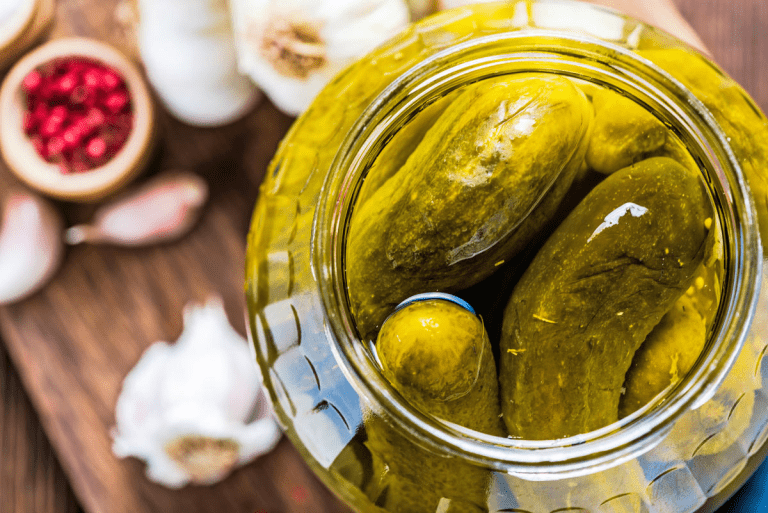
Conclusion: Myth or Magic?
So, is drinking pickle juice for muscle cramps an old wives’ tale or a legitimate remedy? The truth lies somewhere in between. While it may not work the way most people think (by replenishing electrolytes), there is scientific evidence to support its effectiveness. The acetic acid in pickle juice appears to interrupt nerve signals that cause cramps, providing quick relief for many.
Whether you’re an athlete dealing with post-workout cramps or someone struggling with nighttime leg spasms, pickle juice is a simple and inexpensive remedy worth trying. Just keep in mind that it’s not a long-term solution. Staying hydrated, maintaining a balanced diet, and addressing any underlying health issues are essential for preventing muscle cramps in the future.
At the end of the day, pickle juice is one of those quirky remedies that actually works—for some people, at least. So, next time a cramp strikes, grab a jar of pickles and see for yourself if this tangy trick is the answer you’ve been searching for!

